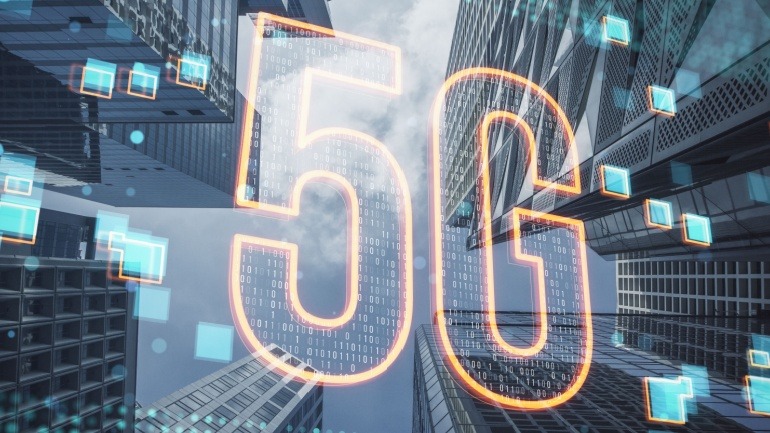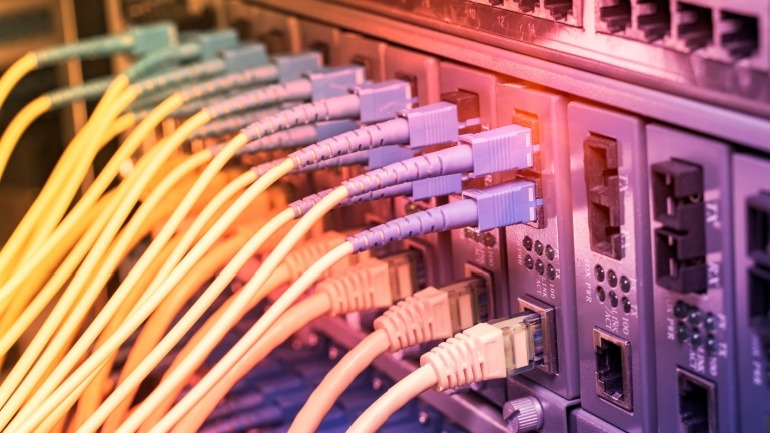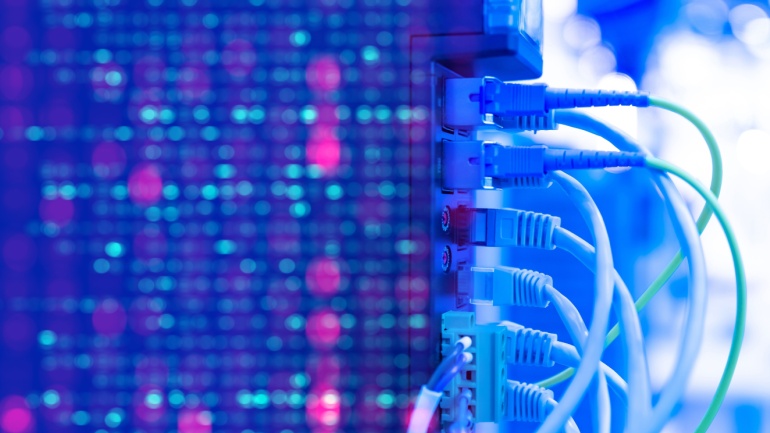Germany’s digital infrastructure is at a pivotal moment, with fibre-optic expansion declared a public priority by 2030. Yet, fibre rollout faces hurdles like fragmented efforts and jurisdictional overlaps. Key to advancement is fostering cooperation among providers and policymakers, not just technical fixes. Unlocking a collaborative approach will accelerate Germany’s digital transformation.
Germany’s telecom industry is on the brink of a transformative era, fueled by an unprecedented €631 billion investment plan. Driven by public-private collaboration, this massive pledge aims to enhance communication infrastructure and bolster fiber networks.
Zayo Europe is enhancing its footprint in Germany by deploying Ciena’s advanced optical technology across a 3,000 km fibre network. Offering 400G wave services with Ciena’s Reconfigurable Line System and WaveLogic 6 Extreme solutions, Zayo meets rising data demands driven by AI and cloud adoption.
O2 Telefonica is expanding 5G streetlights across Germany’s major cities starting in 2025. In partnership with 5G Synergiewerk, the project boosts mobile connectivity in urban hubs and tourist spots using smart poles that combine LED lighting with high speed mobile service.
O2 Germany is rapidly expanding its rural 5G network, adding 1,600 improvements and 100 new sites. Now covering over 97% of Germany’s population, the expansion enhances connectivity in both urban and remote areas. O2 aims to boost network capacity and improve service along transport routes.
France and Germany’s partnership on the 5G Autobahn to Autoroute project is creating a groundbreaking 5G corridor between Metz and Saarbrücken. This cross-border endeavor, involving renowned telecom players like Orange and Telefónica, promises to revolutionize digital infrastructure.
Deutsche Telekom and Deutsche Bahn have accelerated their efforts to enhance railway connectivity, realizing ambitious goals two years early. By deploying over 470 new mobile towers and upgrading 1,900 sites, 99% of Germany’s primary rail routes now boast mobile speeds of at least 200 Mbps, with substantial improvements across secondary routes.
Deutsche Telekom has joined the German Federal Association for Fiber Optic Connections (BUGLAS), marking a significant step in fiber infrastructure promotion. This move aims to enhance nationwide fiber expansion through partnerships. However, it has sparked mixed reactions, with critics concerned it might hinder Germany’s overall fiber rollout and benefit Deutsche Telekom’s market dominance.
Germany is investing €5 billion in a new semiconductor manufacturing facility in Dresden through the European Semiconductor Manufacturing Company (ESMC) initiative. The facility will leverage advanced technologies like FinFET and aims to reduce Europe’s dependence on U.S. and Chinese semiconductor imports. This strategic move promises to enhance Germany’s role in the global semiconductor industry.
The German government’s significant boost to its fibre network funding from €12 billion to €38 billion aims to accelerate fibre infrastructure rollout and extend aid until 2028. This increased funding empowers local authorities to deploy or outsource fibre networks, addressing Germany’s lag in fibre penetration.












